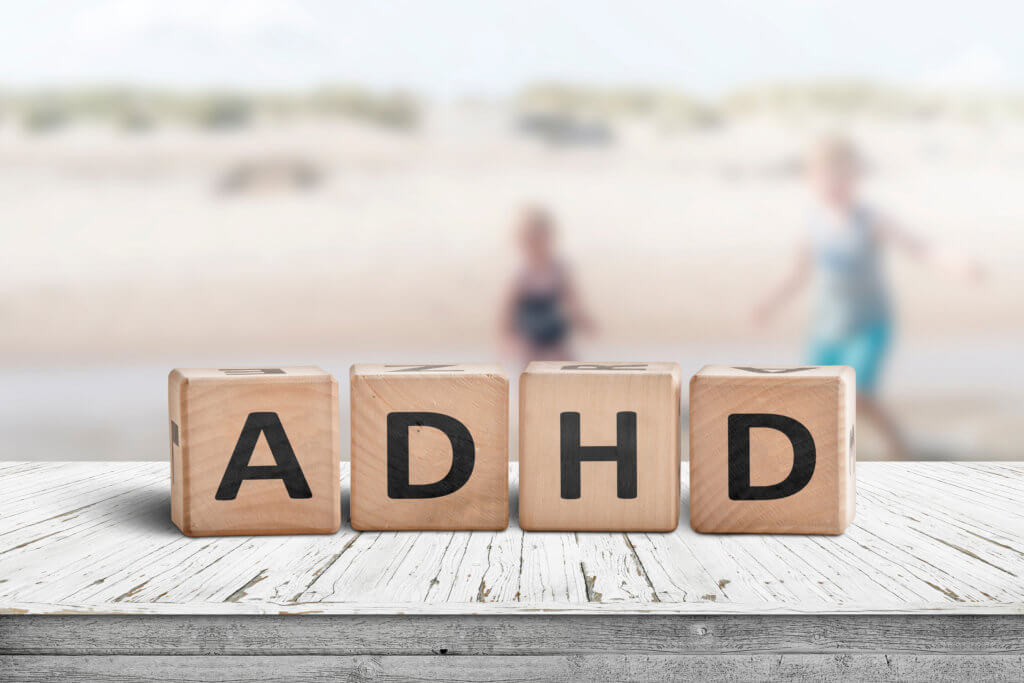A disability is defined as a physical or mental condition that limits a person’s movements, senses, or activities. The Diagnostic and Statistical Manual for Mental Disorders (DSM-5) states that ADHD is a mental disorder, but that helps better diagnose and treat those with ADHD. ADHD is one of the most common mental disorders affecting children and adults. Though ADHD does not physically handicap the individual, it can make it hard for them to concentrate, control impulses, or follow instruction. The ADA protects people with ADHD from being discriminated against in the workforce. ADHD alone is not enough to qualify for any government assistance. The ADHD must be comorbid with another diagnosis that makes the quality of life harder on the child.
However, by labeling a child with a disability it promotes a mindset of not being ‘normal’ or ‘not like the other kids’. (To learn more about if Labeling helps- click here) Our therapists would agree that ADHD is not considered a disability. However, there are many resources and medications available for a child to live life to their fullest potential. The main purpose of understanding the diagnosis and the effects it has on your child is to better help their living and learning environment. Some children may struggle with the fact that they do not learn or behave the same way as other children their age. That is okay! Therapists and learning specialists in schools collaborate to make sure your child is getting the best education and help possible. Many people are successful with their diagnosis of ADHD and they do not consider it to hinder their life experiences. Although ADHD will follow them to adulthood- it is not something that needs to hold them back.
Fidgeting, difficulties staying still, difficulties staying organized, misplacing or forgetting details are all some symptoms of ADHD. (To learn more about ADHD- click here) These can be easily managed with support and resources that are available. These symptoms are not detrimental to the child’s life, but it could make it tougher for them in certain environments. Some children find it hard to concentrate on their work at school or home, which can make life for them a little challenging.
However, let’s focus on the upside of the diagnosis! Children that have been diagnosed with ADHD tend to be more creative than those who do not have the diagnosis. They may seem like they’re zoning out or not paying attention, but their mind is thinking outside the box and coming up with solutions to multiple problems at once. Children with ADHD tend to be more spontaneous and enthusiastic. For many, there is never a dull moment! They exert a lot of energy. If you are thinking “how can this be a disability?” after hearing this information, well you are right!
If you would like to learn more about supporting your child with ADHD click here to SCHEDULE with one of our experts.

